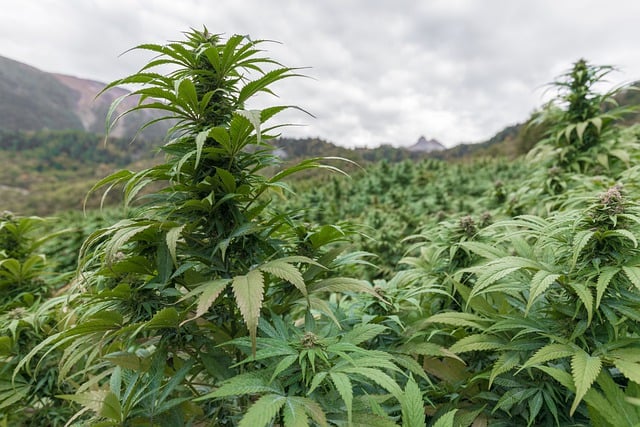What is Delta-8? Benefits, Effects, and Uses Explained
Delta-8 tetrahydrocannabinol, commonly known as Delta-8 THC, has gained significant attention in recent years. As a cannabinoid found in the cannabis plant, it shares similarities with Delta-8 for Beginners, the compound most commonly associated with the psychoactive effects of cannabis. However, Delta-8 offers a unique profile that has intrigued both researchers and consumers alike.
Understanding Delta-8 THC
Delta-8 THC is a naturally occurring compound found in small concentrations within the cannabis plant. It is an isomer of Delta-9 THC, meaning it has a similar molecular structure but with slight differences that result in distinct effects. The double bond in Delta-8 is located on the eighth carbon chain, whereas in Delta-9, it is on the ninth. This subtle difference influences how the compound interacts with the body’s endocannabinoid system.
How Delta-8 is Produced
Due to its low natural abundance, Delta-8 is often produced through a process called isomerization. This involves converting CBD or Delta-9 THC into Delta-8 THC using chemical reactions. The process allows for the creation of Delta-8 products that can be used for various purposes.
Benefits of Delta-8 THC
Delta-8 THC is praised for its potential therapeutic benefits, which are being explored through ongoing research. Some of the reported benefits include:
- Anxiety Reduction: Users have reported feeling calmer and more relaxed after consuming Delta-8, making it a potential option for those seeking relief from anxiety.
- Pain Relief: Delta-8 may have analgesic properties, helping to alleviate pain and inflammation.
- Appetite Stimulation: Similar to Delta-9 THC, Delta-8 can increase appetite, which may be beneficial for individuals with eating disorders or undergoing treatments that suppress appetite.
- Nausea and Vomiting Relief: Some studies suggest that Delta-8 may help reduce nausea and vomiting, particularly in patients undergoing chemotherapy.
Effects of Delta-8 THC
The effects of Delta-8 THC are often described as milder compared to Delta-9 THC. Users report experiencing a clear-headed high, with less anxiety and paranoia. This makes Delta-8 an appealing option for those who are sensitive to the intense effects of Delta-9.
Psychoactive Properties
While Delta-8 is psychoactive, its effects are generally less potent. Users often describe a more relaxed and focused experience, which can be beneficial for daytime use or for those who wish to avoid the intense high associated with Delta-9.
Potential Side Effects
Like any cannabinoid, Delta-8 may have side effects. These can include dry mouth, red eyes, and drowsiness. It is important for users to start with a low dose to gauge their individual tolerance and response.
Uses of Delta-8 THC
Delta-8 THC is available in various forms, catering to different preferences and needs. Some common uses include:
- Edibles: Gummies and other edible products infused with Delta-8 offer a convenient and discreet way to consume the compound.
- Vaping: Delta-8 vape cartridges provide a fast-acting method of consumption, with effects felt almost immediately.
- Tinctures: These liquid extracts can be taken sublingually or added to food and beverages for a customizable experience.
- Topicals: Creams and lotions infused with Delta-8 can be applied directly to the skin for localized relief.
Legal Status of Delta-8 THC
The legal status of Delta-8 THC is complex and varies by region. In the United States, the 2018 Farm Bill legalized hemp-derived cannabinoids, including Delta-8, as long as they contain less than 0.3% Delta-9 THC. However, some states have enacted their own regulations, either restricting or banning Delta-8 products. Consumers should research local laws before purchasing or using Delta-8.
Case Studies and Research
Research on Delta-8 THC is still in its early stages, but preliminary studies and anecdotal evidence suggest promising potential. A study published in the journal “Life Sciences” in 1995 found that Delta-8 THC successfully reduced nausea in pediatric cancer patients, with minimal side effects. More recent research is exploring its potential for pain management and anxiety relief.
Conclusion
Delta-8 THC presents an intriguing alternative to traditional cannabis products, offering a unique set of benefits and effects. Its milder psychoactive properties make it appealing to a broader audience, while ongoing research continues to uncover its therapeutic potential. As interest in Delta-8 grows, consumers are encouraged to stay informed about its legal status and to approach its use with caution, starting with low doses to assess individual tolerance.
